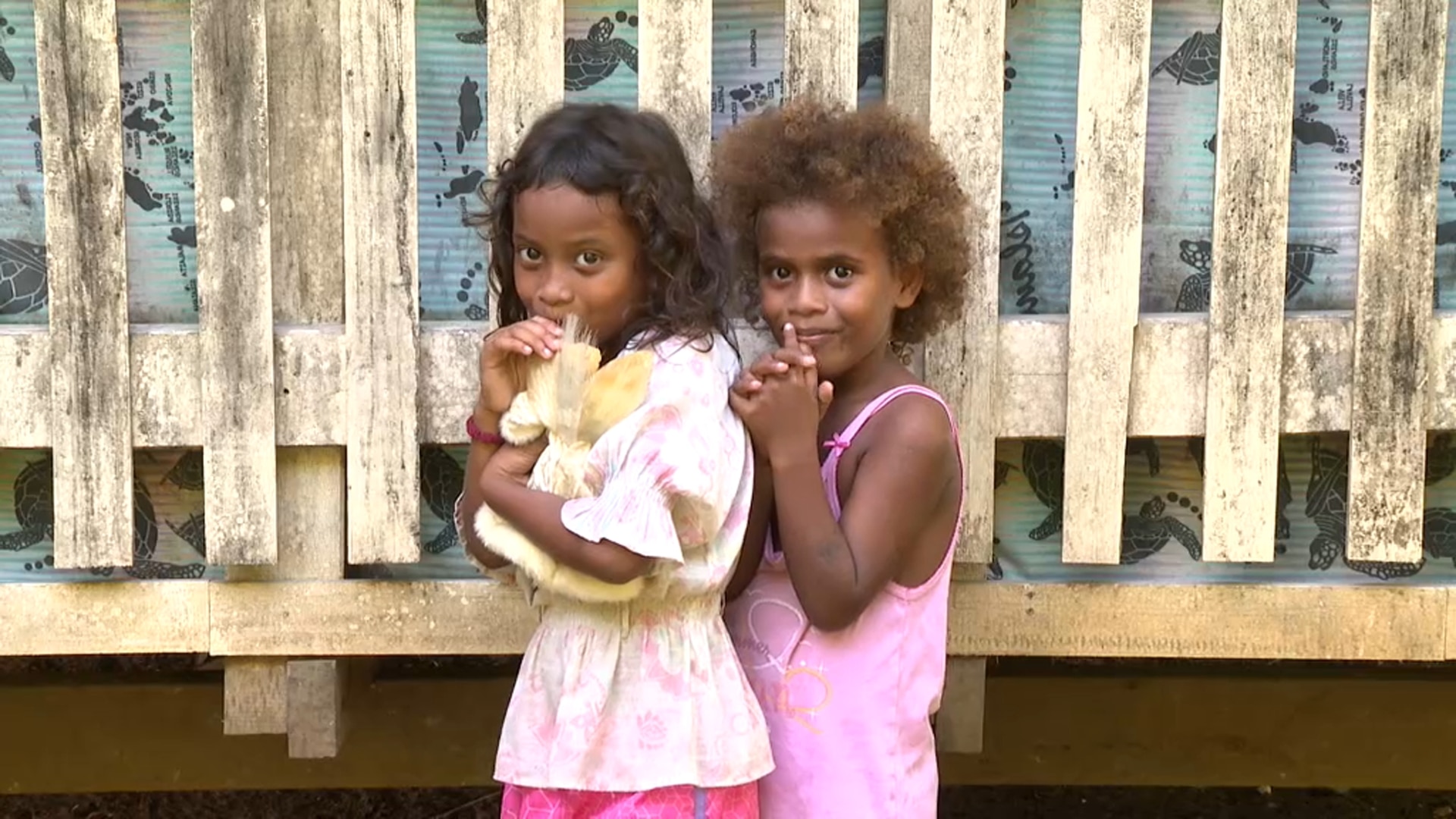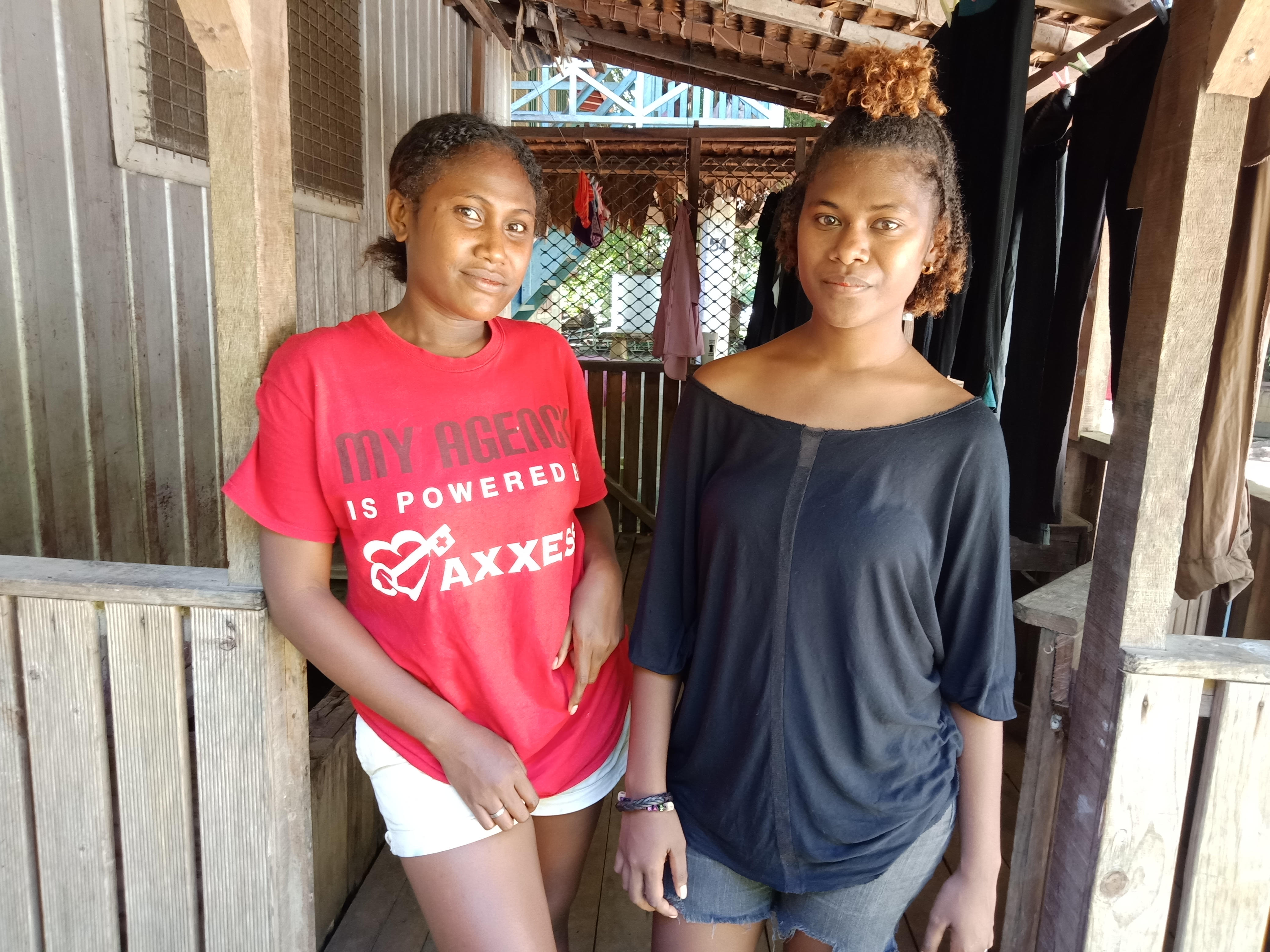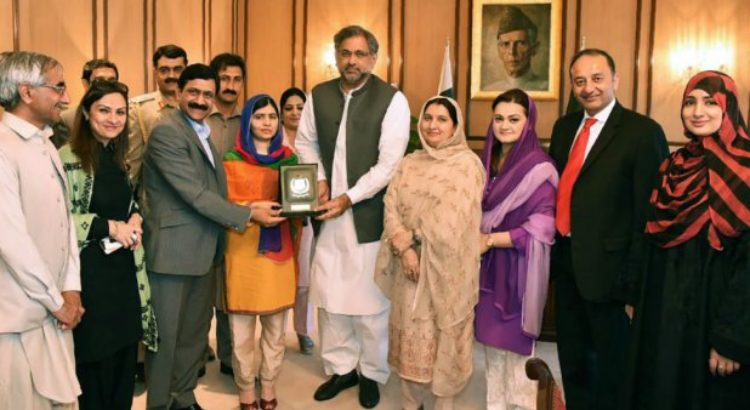Oceania/ Australia/ 10.06.2019/ Source: www.sbs.com.au.
Omar Dabbagh reports from Visale, Solomon Islands
Prime Minister Scott Morrison is being urged to prioritise education equality during his visit to the Solomon Islands, after a new report found a shockingly low number of girls finish high school in the Pacific nation.
Aid agency Plan International, which compiled the ‘Our Education, Our Future’ report with the help of 60 girls in the Solomons, found the female graduation rate there is only seven per cent.
Expensive school fees, disturbingly high rates of child marriage and teen pregnancies, dangers facing girls walking to and from school, as well as cultural perceptions towards gender are being blamed for mass female dropouts.
«I would say it’s discrimination but it’s also about opportunity. People think that girls are associated to home,» Ella Kauhue, Program Manager for Plan International Solomon Islands, told SBS News ahead of the report’s release next week.
«They do a lot of work at home, they save the family, they look after the children, so they have – in terms of family – they have responsibility more than the boys.
SBS News understands Mr Morrison will visit schools in the Solomon Islands on Monday and read to a class.
‘Left behind’
«When it comes to the decision-making of parents on who to go to school when there is limited funds, then the boys have a chance to go, the girls are left behind,” said Franklin Kakate, a school principal in the village of Visale.
It is a domestic responsibility that many girls say they do not want.
Best friends, Betty and Betty, aged 18 and 19, dropped out of high school in recent years due to financial stress and peer pressure. And both say they are desperate to complete their education.
«I want to tell other girls that when they receive a good education, they will not be like us – you know, walking around (doing nothing). Boring. They will have a good life,» the girls said.
«I see value in education, so I want to see the girls value that because if they’re educated then they can see things.»
Schoolgirls from Visale, north of the capital Honiara, have told SBS News they hope to one day break the mould in the Solomons.
«I feel excited because I have the opportunity to attend school while other girls stay at home and do housework,” says 18-year-old Melisa, who is in her last year of school.
«I want be in engineering because I want to be part of the male’s job, because in Solomon Island there’s not much female involved in men’s job.»
«(I want to be a) lawyer so I can solve all the problems in the country,» adds 17-year-old Clodina.
«I want to make our country a better country in the future.»
‘Gender imbalance’
In a bid to prioritise education in recent years, the Solomons government made primary school free. But Plan International claims that policy has not been implemented in many parts of the country. School attendance, both in primary and high school, is also not compulsory.
Seventy-two per cent of girls finish primary school, but as fees increase every of secondary school so too do dropout numbers, whereas one-third of boys are able to complete high school.
Plan International found that two out of five girls are forced to drop out of school due to teen pregnancy or child marriage, with the former seeing many girls expelled as they are often blamed for betraying customary practices.
Simple things like walking home, particularly in remote provinces, can deter girls from attending where there is a high rate of sexual assault.
Eighteen-year-old Judy says she used to walk six kilometres a day to and from her previous school and feared every day she would be attacked.
«I feel scared and maybe we don’t know what is going to happen when you follow the road, that there is no house and someone to help you,» she explained.
«And sometimes if you go to school by yourself and you meet someone who tried to kill you, you don’t have anyone to help you.»
ls for Australia to step up education focus
Australia is by far the biggest contributor of aid to the Solomon Islands, set to donate almost $200 million this year alone.
It bankrolls five per cent of the Solomons’ education budget, of which almost two-thirds funds scholarships and programs to improve school facilities, such as bathrooms and access to clean water.
But coordinator for International Programs at the Solomon Islands Ministry for Education, Christina Bakolo, told SBS News only a sliver goes towards secondary education, let alone the education of girls.
«There needs to be collaborative work if Australia would like to assist the Solomon Islands. For me, personally, there needs to be resourcing. This is one of the gaps here,» Ms Bakolo said.
«It would be very great to see Australia focusing on the marginalised ones in the Solomon Islands, and that includes girls.»
Plan International hopes Mr Morrison uses his overseas trip to take a stand to support young women.
«Gender equality in this country is very imbalanced,» Ms Kauhue said.
«I think the country, the government, will have to see that investing in girls is important and not for today but for the future of this country.»
Source of the notice: https://www.sbs.com.au/news/australia-urged-to-act-on-girls-education-in-solomons-as-93-per-cent-dropout-rate-revealed










 Users Today : 35
Users Today : 35 Total Users : 35460244
Total Users : 35460244 Views Today : 43
Views Today : 43 Total views : 3418938
Total views : 3418938